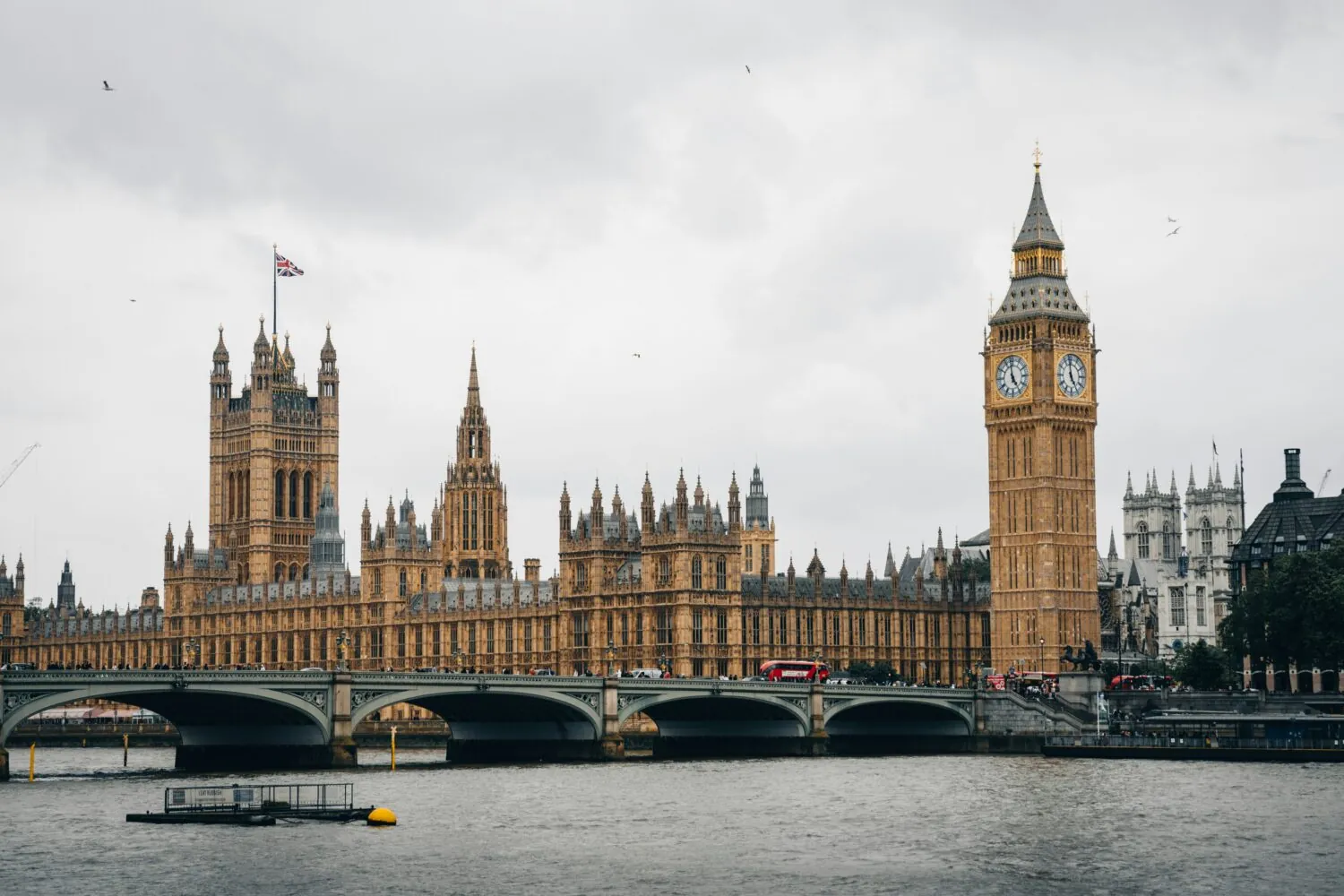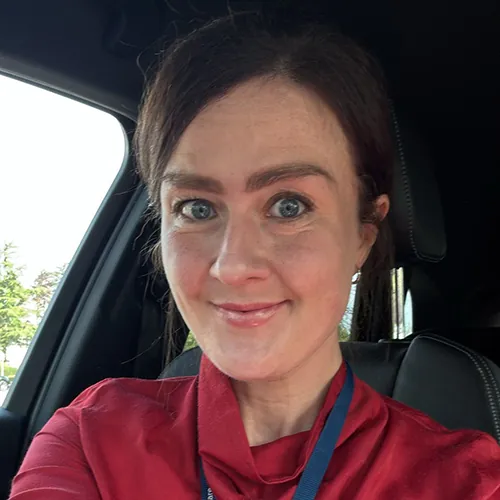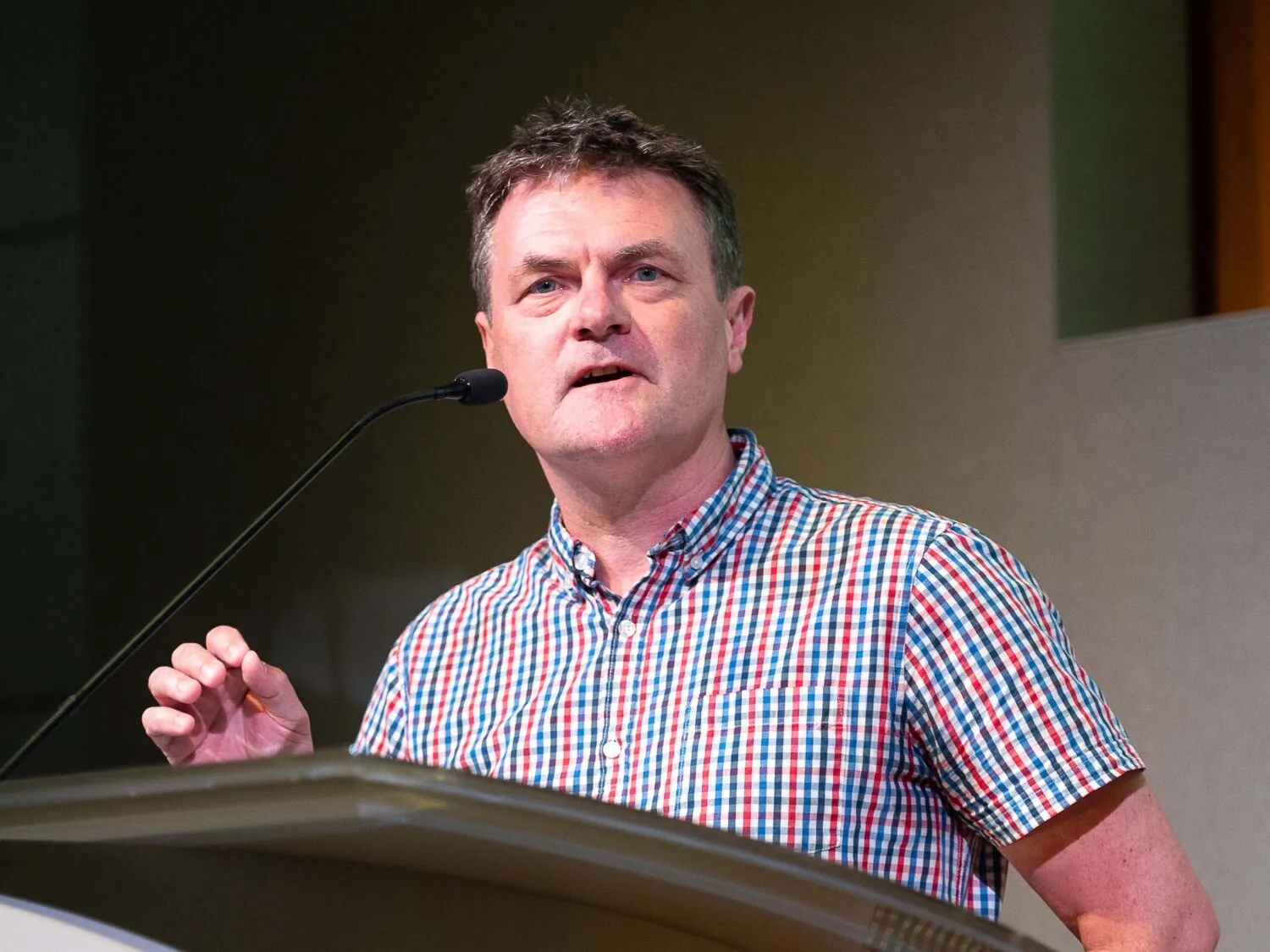
The BMA has said it will support GPs who honour appointments already made to administer the second dose of the Covid vaccine within three weeks of the first dose.
The Government said that GPs should cancel appointments they had already made to administer the second dose of the Pfizer vaccine within three weeks because it wanted more people to receive the first dose sooner.
But doctors’ groups have warned of the problem of cancelling second appointments for patients over 80, with the Doctors’ Association UK (DAUK) warned there was ‘chaos ensuing’.
It comes as NHS England has made an additional £1,000 available to the first wave primary care networks to support with administrative costs in rescheduling appointments.
Pfizer initially stated that its vaccine must be taken in two doses, three weeks apart.
However, the chief medical officers and Joint Committee on Vaccination and Immunisation announced last week that healthcare professionals should instead deliver second doses after 12 weeks, to get more people vaccinated with their first dose in a shorter timeframe.
This was in part driven by the new strain of the Covid virus, which has led to rapidly rising rates, particularly concentrated in London and the South. The past four consecutive days have seen more than 55,000 new cases of the virus, while the UK has now surpassed 75,000 deaths within 28 days of a positive result.
The BMA has said that it had heard of the ‘significant impact re-booking thousands of elderly patients’ and at-risk healthcare workers’ appointments will have’.
He added: ‘In conversations with NHSEI, I have made clear that expecting GPs to rebook appointments in a few days’ time is unreasonable and totally unfair, and we expect that those practices who honour existing appointments booked for the next few days should be supported to do so.’
‘The BMA believes it is only right that patients who have already been promised, by the NHS and local clinicians, that they will receive a second dose of Pfizer vaccination next week do so, and that these appointments for at-risk groups should proceed as planned. These patients have given their consent to receive their vaccination and, quite rightly, are expecting to have it. Therefore, if GPs decide to honour these booked appointments in January, the BMA will support them.’
However, the RCGP is disagreeing with the BMA. Taking the ‘unusual step’ of addressing GPs on New Year’s Day, chair Professor Martin Marshall said: ‘This might feel uncomfortable and it will be hard work, but it is the right thing to do for our patients and the health of the wider population.
‘So much of what we do in general practice is in the interests of our patients’ long-term health and lives but these are effective interventions with immediate impact.
‘The current infection surge – and its impact on the NHS and patients’ lives – makes it imperative to protect as many people as possible, as quickly as possible. People will still need to receive two doses but releasing the ‘reserved for second dose’ vaccine will release, we are told, close to a million more doses, which means we can give more first doses to higher numbers of our vulnerable patients and get healthcare workers vaccinated more quickly.’
But Professor Marshall did note that NHS England’s guidance allows for ‘some clinical discretion for practices to go ahead with second vaccinations where necessary’.
Dr Vinesh Patel, who sits on DAUK’s GP committee, singled out the ‘poor communication’ behind the new strategy and dosing regimen. Describing this as representing ‘an attempt to stem public health failings’, Dr Patel said: ‘There appears to have been little to no involvement with frontline clinicians in making this decision, and subsequently chaos is ensuing. We can see the principle behind the recent CMO and JCVI advice; the priority is to provide some degree of protection for as many as possible’.
DAUK’s concerns include that there is ‘no data regarding administration of dose 2 vaccine >23 days after the initial dose’. It points out that Pfizer stated that it has ‘not evaluated the safety or efficacy of Covid-19 mRNA Vaccine BNT 162b2 when administered outside of the intervals evaluated in the Phase 3 study’.
NHS England/Improvement’s primary care bulletin, issued on 31 December, stated: ‘As 2020 comes to an end we are at a critical point in the pandemic and it is therefore imperative that we prioritise the first doses of vaccine for as many people as possible on the priority list.
‘We recognise that the request to re-schedule second appointments is operationally very difficult, especially at short notice. We have written to CCGs to outline a package of support to help you do this. We have made an additional £1,000 available to the first wave PCNs to support with administrative costs in rescheduling appointments and free support is also available from a CSU, via your CCG who have stood up a call centre which can be used to contact patients to reschedule vaccinations.’
Read the article here: https://www.pulsetoday.co.uk/news/coronavirus/bma-will-support-gps-who-honour-existing-appointments-for-second-dose-of-covid-vaccine






Comments